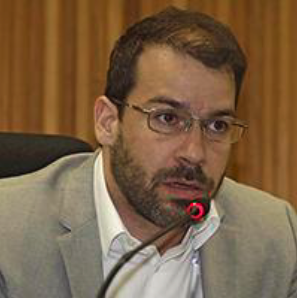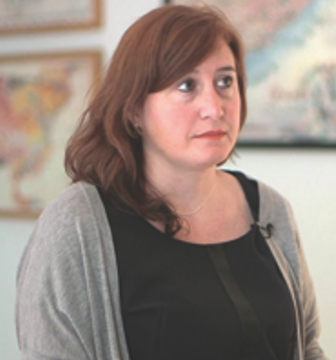Events
Rethinking the social contract through systemic pressures in Atlantic Africa and Latin America
From
In recent years, and particularly since the outbreak of the pandemic, Africa and Latin America have faced growing social and economic pressures. The development models of many of these countries have come under scrutiny from citizens, civil society, and experts alike. These models have been characterized by a combination of "extraversion" and "extractivism," which have contributed to inequalities and bred frustration and discontent among the populace. The resulting socio-spatial disparities have been exacerbated by a string of shocks and social media has played a significant role in amplifying these issues and creating new forms of polarization within societies.
Moreover, a significant portion of the working population in Africa and Latin America are either unemployed or work in the informal sector. Rural communities have also been impacted by climate change and poor policy planning. In addition, the relative proximity to the global north has made migration increasingly attractive, particularly for skilled youth and the middle class.
Internally, violence has become more prevalent and has tapped into new opportunities offered by globalization. Criminal organizations, and armed political groups have contributed to making political systems increasingly violent. This, in turn, has led to an increased role for the military in the bureaucracy, while insurrection and vigilantism have become more accessible avenues for sociopolitical participation.
That being said, there are significant differences between Atlantic Africa and Latin America in terms of levels of development, demographic trends, and the relationship to democracy and sovereignty. Additionally, both regions are increasingly diverse. However, there are shared experiences between these two spheres that could offer new pathways for handling social frustration and developing more sustainable and inclusive forms of capitalism that allow for peaceful development models.
Agenda
|
14:30-15:00 |
Welcoming coffee |
|
15:00-16:15 |
Roundtable Moderator Speakers |
|
16:15-16:45 |
Discussion and wrap-up |





